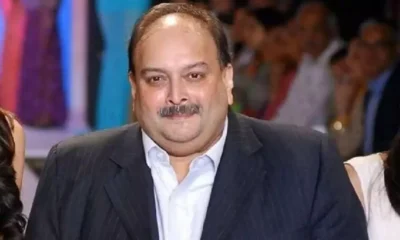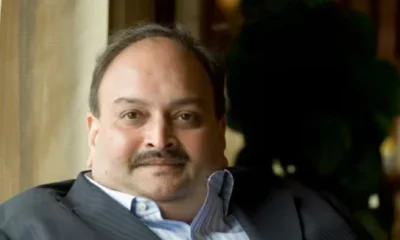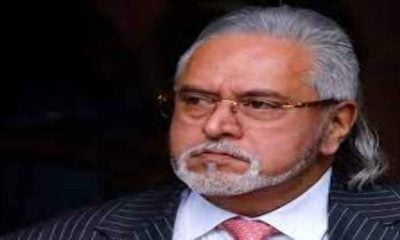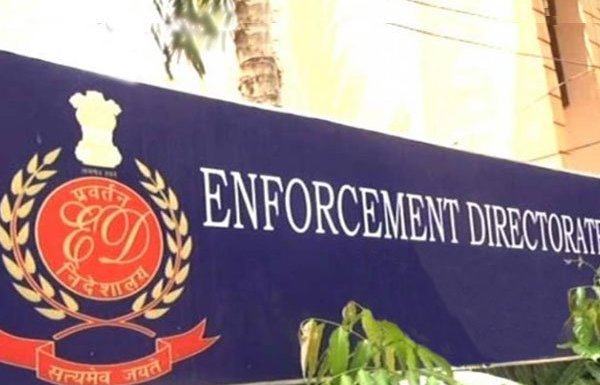Mudda panellists feel that banking scams could not have happened if political complicity were absent even as CBI probes Vikram Kothari, promoter of Rotomac Pens, for defaulting on over Rs 3,600 crore in loans from five government banks
The alleged Rs 11,400 crore fraud at state-owned Punjab National Bank (PNB) has triggered concerns in the government over apparent failures at the levels of both individual banks as well as the banking sector regulator, the Reserve Bank of India (RBI). After billionaire jeweller Nirav Modi, industrialist Vikram Kothari, promoter of Rotomac Pens, has been charged by the CBI for defaulting on loans worth Rs 800 crore. These financial bunglings have embarrassed the government that claims to provide scam-free governance.
APN’s popular debate Mudda took up the issue of mounting NPAs assailing the banks. Anchorperson Anurag Singh posed questions to panellists including Congress’s Ajay Verma, BJP’s Ashok Thakur, banking association’s Ashwani Rana, director and professor at Indian Institute of Finance Aman Aggarwal and APN consultant Govind Pant Raju.
Prof Aggarwal said, for the last 2.5 years, he has been saying that the banking sector has too many NPAs and the common man is having to bear the burden. “It is now clear that banking inefficiency is due to the collusion of the political bigwigs with the defaulting industrialists,” he said.
Raju said that when the Modi government came to power, cleaning up the banking sector was a top priority. He said that “well-connected industrialists are able to get loans and waivers while the common man has to suffer. The banks are hand-in-glove with the fraudsters. Huge loans have been written off. On the other hand, the government’s responsibility has gone up after the note ban, with people depositing even their small savings in banks. Sadly, the government has done little to enthuse the common man”.
Thakur said that Prime Minister Modi has genuinely tried to clean up the banks. “Whether it is Nirav Modi, Kothari or the Vadras, the malaise had set in since the time of the Congress when the loans were being taken after inflating business turnovers.” He also said that the banking system is very technical, and it is not so easy to pin down defaulters, so the government needed data to unearth these scams.
Prof Aggarwal said that all the governments in office knew about the banking scam. “How come chairmen of banks have not been quizzed? After all, without political and chairmen alliances, such scams cannot operate. There is no fear of the law here,’’ he said.
Even as Thakur kept talking of Vadra and Rahul Gandhi, Anurag Singh said the BJP cannot take credit for unveiling these scams.
Rana said the system’s loopholes have been exploited. “People’s faith in the banking system should not be allowed to go down,” he said.
Verma wanted to know how Nirav Modi reached Davos when the Prime Minister was also there. Thakur said when Nirav Modi left for Davos there was no FIR against him.
Thakur and Verma got locked in a nasty exchange, each blaming the other’s leader of inefficiency and looking the other way while the industrialists had a free run of the banking system.
Rana said that the whistleblowers are often shown the door by the government of the day. Prof. Aggarwal said it has to be seen what can be done now.
Raju said that the top management must be aware of the letters of understanding. Fraud has been exposed in the entire chain. If the common man takes credit or becomes defaulter, the noose tightens around him, but these VIP industrialists have ensured that the system is completely exploited.
Prof Aggarwal said that security checks and balances, besides political will, is needed to keep such scams from happening again. Thakur said that investigations are on at great speed, and Modi will not even spare his own kinsfolk. Verma said that a proper probe should be conducted and the guilty should not be spared.
Compiled by Niti Singh Bhandari






















